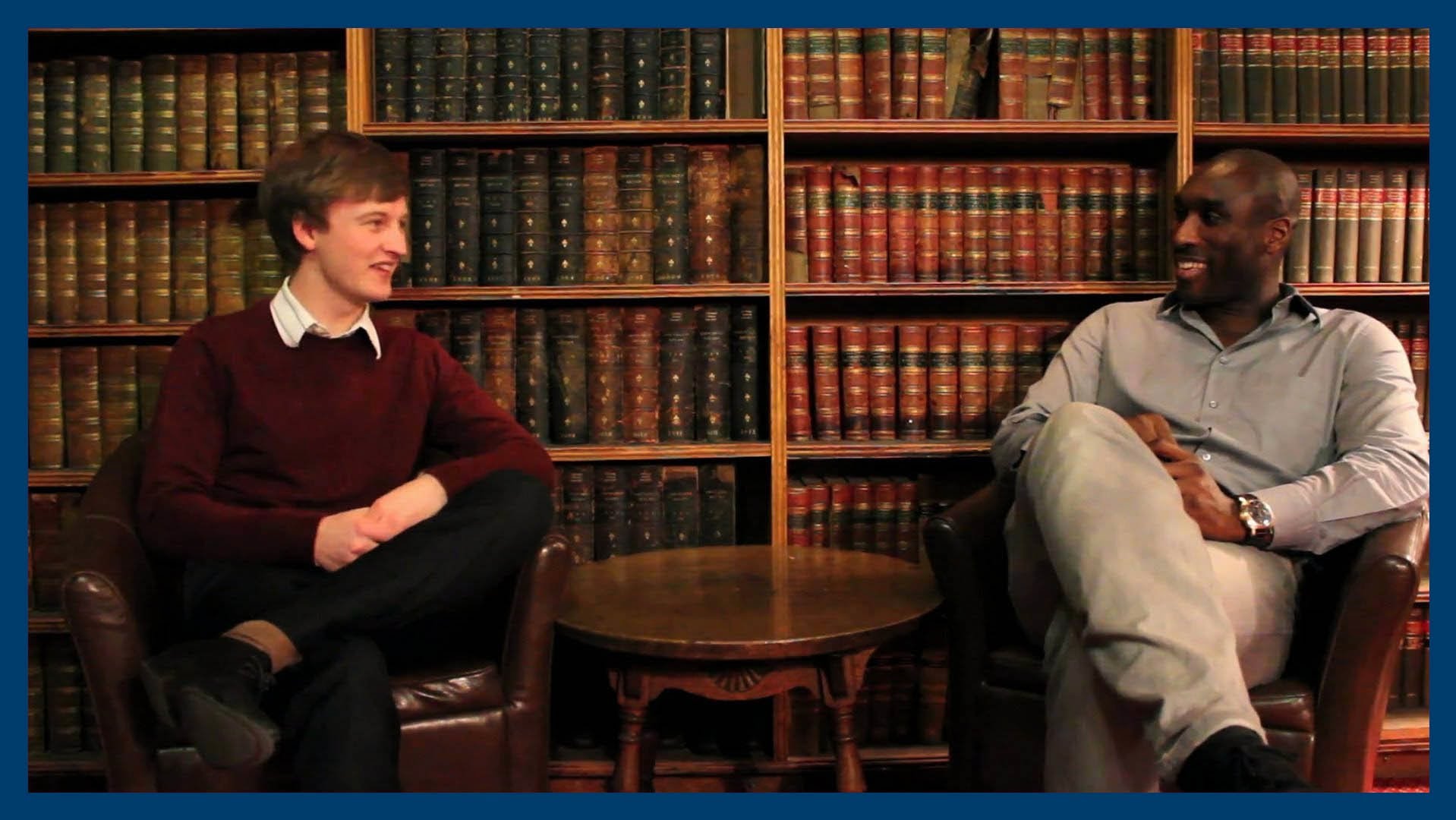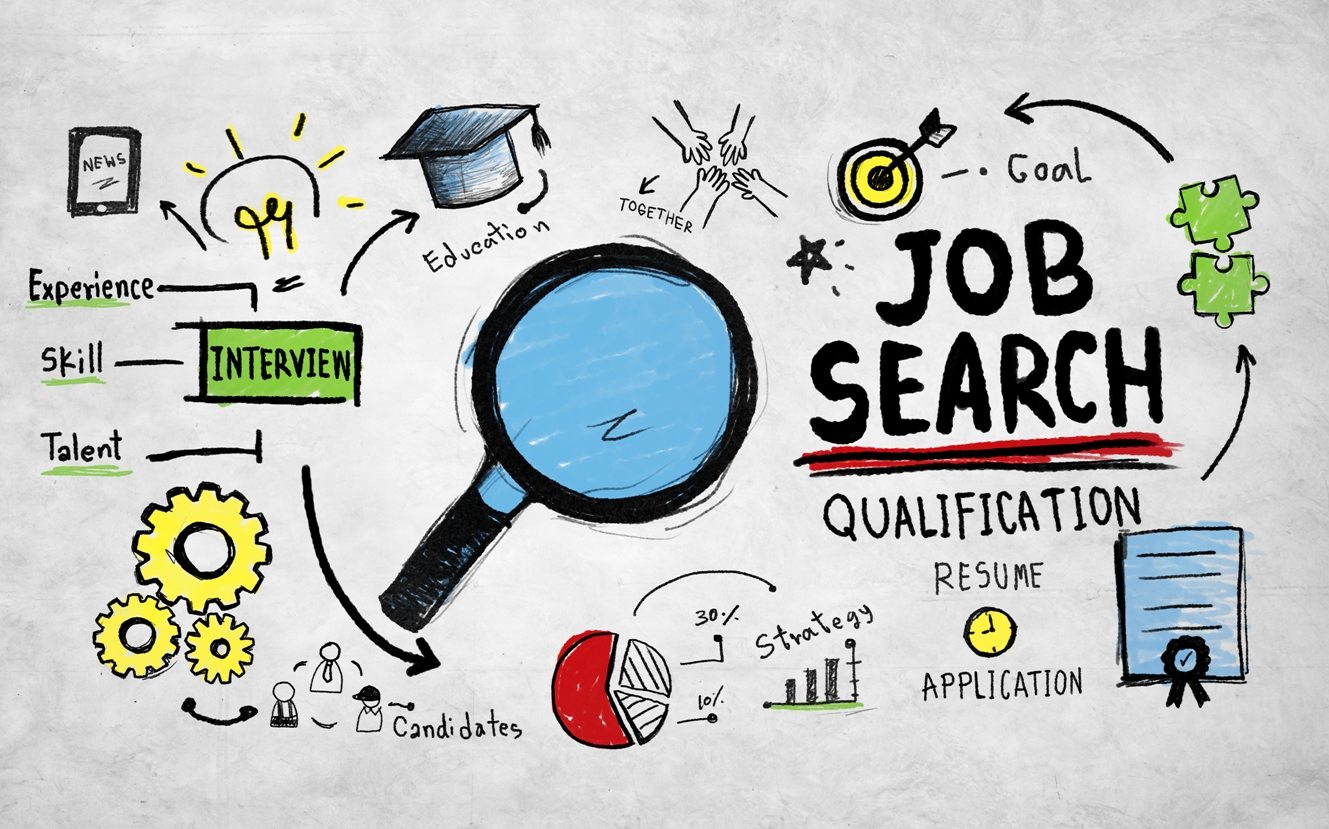Congratulations on receiving an interview offer! What is the best way to differentiate yourself from other candidates in this ever increasing competition for university places? Be sure to prepare adequately by reading our interview tips below:

Tip 1: Show Passion For Your Subject
The university wants to know that you are serious about studying their course and even if you haven’t studied the subject before, you will need to be able to give a well thought out answer to why you have chosen your subject and show your genuine interest. Stay informed and keep up with current affairs by reading outside the syllabus. This is especially useful for interviews that have article analysis tests (see Tip 3) – such as Law and Humanities subjects. Make a note of the modules that interest you and know your Personal Statement inside-out. Make sure you are able to discuss everything you wrote about in detail, including answering follow up questions.
Tip 2: Expect Unpredictable And Broad Questions
The interviewers may ask you simple, open-ended questions or broader, more complex theoretical and philosophical questions on topics such as politics, human rights, religion, language, life, and war, regardless of the subject you are applying for. For simple questions such as “tell me about yourself”, this is your chance to direct the conversation onto topics you want to talk about. For more complex questions, reading articles and non-fiction, and engaging in discussions about these topics are good practices for forming and articulating your opinion. Try analysing situations from different perspectives; think about economic, social and political impacts and suggest solutions if you are presented with a problem.
Tip 3: Prepare For Entrance Tests
For subjects with standardised tests such as BMAT, UKCAT, LNAT, MAT and HAT, there are abundant resources and practice tests currently available to help you prepare.
For subjects with non-standardised tests, such as humanities subjects, there are many ways you can prepare. You may be asked to summarise or analyse articles – practice taking notes and making summaries of articles on a variety of topics under timed conditions. You may be asked to do a language puzzle (they may ask about a regular language or made-up language) – practice solving logic and code-breaking puzzles. You may be asked to compare and contrast source materials, such as paintings, photographs or text extracts – remember to ask yourself the 5 W’s (Who is the author/audience, What is the content, When was it produced, Where was it produced, Why was it produced).
Tip 4: Explain Your Answers
When asked a question, you should never give short answers such as ‘yes’ or ‘no’ or ‘I don’t know’. You must always follow with an explanation and justify your answer with evidence, reasoning or logic. The questions asked will be similar to questions that you will encounter during essays and lectures at university and the interviewers want to see how you handle them. They do not expect you to know the answer, in fact, there often is no single correct answer. Instead, they are looking to understand your thought process, what logic you use, how you have arrived at your conclusion, and ultimately, they are looking for your potential to succeed on their course. If you don’t understand the question, ask the interviewer for clarification or ask them to rephrase. If you change your mind during your answer – just say so and give an explanation.
How to prepare:
- Practice debating different topics with your family and friends, try to understand their opinions, ask each other difficult questions, and make sure you articulate your reasoning. After you have given your answer, ask yourself: what wider impact and implications could this have? Does the logic still stand if I change the case and conditions? What are the possible counterarguments to these points?
- Stand your ground. The interviewer will try to pick holes in your argument to test your confidence in your answer and how you handle scrutiny under pressure. It is acceptable to agree with some of their points, but it is not advisable to completely agree with them and discard your own argument as doing so does not show your ability to adapt your argument based on new information.
- Practice answering the same question with different methods, can you arrive at the same answer using different logic?
Tip 5: Organise Practice Interviews
Replicating an interview scenario through mock interviews will boost your confidence and help you get used to the dynamic between you and the interviewer. Practice articulating your thoughts and answers by arranging mock interviews with your teachers or Ampla. Always ask for detailed feedback from your interviewers (our feedback report will give you useful pointers to help you improve). The best interviews should feel like conversations so remember to ask questions in a natural way. Try not to say ‘um’ and ‘err’, instead try to use a phrase such as, ‘let me think about it for a moment’. It is better to stop and think about what you say than to rush into a sentence without thinking it through.
Tip 6: Interview Etiquette
Depending on your university and your location, you may take your interview in Hong Kong face-to-face with a university representative or via Skype, or you may take it at a university in the UK. University interviews do not require you to dress formally. The usual dress code is ‘smart casual’. Be sure to smile and greet the interviewers politely; enunciate loudly and clearly; do not fidget and turn off your phone. If your interview is online, test your equipment beforehand and look directly into the camera. If your interview is face-to-face in the UK, plan your route and make sure to arrive with plenty of time to spare.
Tip 7: Every Interview Is Different
Other people will always share their interview experiences with you, both the good and the bad. You can learn a lot from their experiences, but this does not mean that your interview will be in any way similar. You may have a 1:1 interview or you may have a panel of interviewers; your interviewer may be animated and talkative or they may give one word answers; they may smile at you or they may not look at you; your interview may be 20 minutes long or it may be an hour long. All these are normal and are not a reflection of your performance. After your interview, write down all the questions you remember. This is good practice for future interview preparation.
To find out more about Ampla Education’s interview coaching, test preparation courses and university application services, contact us at info@ampla-edu.com
________________________________________________________________________
© Ampla Education – Unauthorised use of this material without permission is strictly prohibited. Excerpts and links may be used, provided that full credit is given to Ampla Education.



















